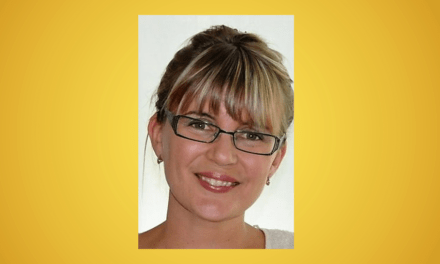Are you an avid reader with an excellent grasp of the English language, spelling, grammar and writing issues? If you are seeking a new direction, one option may be to start a home-based proofreading or editing business.
A major lifestyle change can be exciting, and launching a business can be a leap into the unknown. However, any entrepreneur will tell you that a critical part of this process is to start by asking some key questions. These may cover issues like who will be your customers, your rationale for taking on a new endeavour, how you like to work and what it takes to be a successful business owner.
-
Who needs editing and proofreading services?
Anyone who writes for a public audience and requires editing or proofreading assistance is a potential client. Future customers may include authors, copywriters, editors and publishers, business owners, advertising companies, corporate communications and public relations agencies, website owners, university students, creative directors, among others.
-
What skills and knowledge do I need to get ahead?
Having a passion for reading, a good grasp of English language, grammar, punctuation, spelling, and writing styles, as well as a gift for spotting errors, are all excellent starting points. However, investing in some training is recommended to prepare to enter a competitive professional marketplace. Understanding fundamental publishing industry practices can be critical for making career progress, gaining credibility with customers and increasing earning potential. Being prepared to do some voluntary work is also helpful for achieving not only some experience but also acquiring positive testimonials that can be used in your future marketing.
-
How do I want to work as a freelance editor/proofreader?
- Understanding the different types of editing jobs you can do is an important consideration for choosing how you’d like to work. Proofreading, copyediting, and structural editing have unique tasks and responsibilities and usually occur at separate stages of the publishing process. Many proofreaders and editors opt for specialisation to make it easier to pitch their skills to a particular market, but others prefer to remain generalists.
- Connecting with customers requires decisions about naming your business, branding and key messaging around marketing channels. Presenting a professional and consistent presence can have a critical impact on customers’ perceptions of your services. If you already have some background experience in writing and publishing, you can list your credentials in your marketing to prospective clients. You may also have some contacts and readymade networks to tap into. If you’re new to the field, you can emphasise your personal qualities, behaviours and any specialised skills you acquired during your previous occupation, job or academic studies.
- Deciding what business structure suits your needs is necessary for achieving your business goals related to profitability and growth. In New Zealand, the two most common choices for freelance editors are a sole trader or a limited company, and each has its own legal and financial obligations. Selecting a business model depends on whether you want to work alone or with others and what level of administration, tax and legal responsibilities you feel comfortable with.
- Managing customer expectations, meeting deadlines and handling business pressures requires a professional attitude. From writing emails to social media interactions, and conducting business activities like invoicing and completing jobs, all need a high level of work ethics and excellence to make a positive lasting impression on customers.
The NZIBS Proofreading and Editing course provides an introduction to the world of publishing and includes the main stages in the editing process, the scope of different levels of editing, industry practices with handling different writing genres, traditional and onscreen proofreading mark-up methods, and a range of business fundamentals.
Want to get paid to find spelling misteaks?
Did you spot it? Do spelling “misteaks” jump off the page at you? Train to become a professional proofreader. Create new career opportunities. Study from home, at your own pace. Learn from industry experts.










